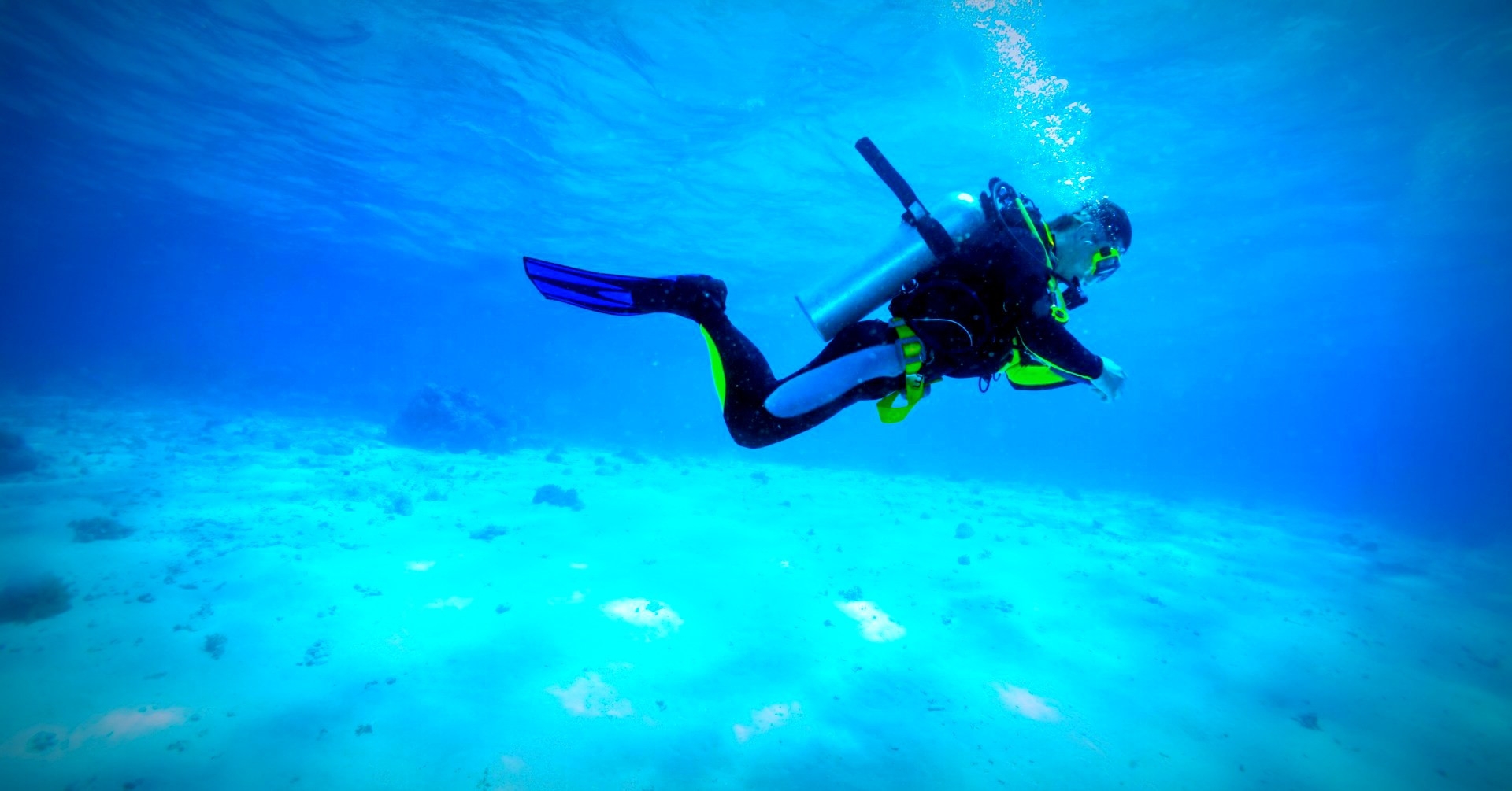Scuba diving is done for the unattainable attraction for the undersea world. It is one of the creations of nature which we can't control. Breathing underwater is just an impossible task, to explore it under water activities scuba diving provide a limited time opportunity to dive into it.
Scuba diving attracts divers since they have figured out there is a living world in the sea. So, divers carry their self-contained breathing apparatus i.e. scuba. The breathing system has no connection with the surface, and it is entirely independent. It is different from other dive methods like breathing supplied from the surface. Scuba diving looks interesting, but more care and attention has been required as it includes severe risk factors. So, to become a skilled scuba diver, you need to improve yourself and take classes. But no course will make you an experienced diver till that you don't want to. Improvement will step your door as much as you practice diving. Here is a list of some tips to improve your scuba diving skills.
Engage your brain
You should focus on the instruction of your master, but that doesn't mean you will blindly follow your master's commands. But that doesn't mean you will start ignoring, and he knows better that's why he is your master you should follow him but always engage your brain in acting smartly. In case your master goes out of the sight then your mind will guide you the best.
Test your weighting
When you are properly weighted, then you don't need a bulk of air in your BCD. You need to do a simple breathing exercise. If you are sinking or not coming upside when you inhale that means you are heavy. If you are going up & down by the same amount then, it is your exact weight to gear. Sometimes it changes a little according to the salinity of the sea or BCD type.
How much air you need
It is mandatory to know your air usage, and you can track it by routine practice, exercise and depth of the water. Note all data on a daily basis then you come to know how much air you need.
Fix your buoyancy
Set a level to float, after every 5-10 min of diving tries to stay or swim, where you are. Going downward when you exhale or upside when you inhale. And repeat until you get it right.
Never dive solo
Always have a buddy along with you, when you are diving. You are adventure lover but risking your life doesn't make any sense because 97% cases show the fatalities have occurred when you dive solo.
Be aware
Always keep your eyes & ears open and be aware of everything happening around you. Follow your dive master and keep questioning, it will help you in learning many tricks.
These certain things will help you improve your diving skill, and you can learn more from your master and routine practices.













No Comments